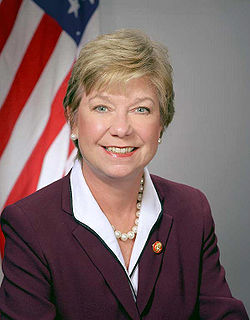A Quote by Amy Klobuchar
It is illegal for foreign entities to buy political ads in the United States. But that didn't stop the purchase of thousands of political ads on Facebook, paid for - in rubles - by foreigners.
Related Quotes
When you're reading a newspaper and you're seeing ads on the page, it's not kind of invasive. Like, it's on the page next to the article. You can look at it or not. You can turn the page when you're ready. On the internet, the ads - many of the ads - just are so controlling. They insist that you see them.
During the Second War, the U.S.O. sent special issues of the principal American magazines to the Armed Forces, with the ads omitted. The men insisted on having the ads back again. Naturally. The ads are by far the best part of any magazine or newspaper. More pains and thought, more wit and art go into the making of an ad than into any prose feature of press or magazine. Ads are news. What is wrong with them is that they are always good news.
Targeted ads, I think, are useful because I don't want to see all the crap. I'm not interested in buying a Mercedes Benz, but I am interested in buying a new MacBook Air. So if organizations like Facebook can actually make the ads more relevant to me, if they know what I am interested in, I have no problem with that.

































